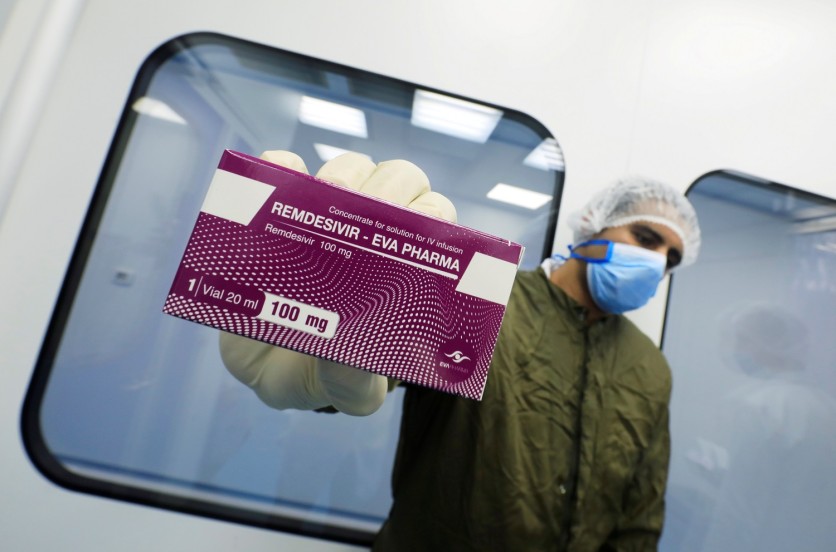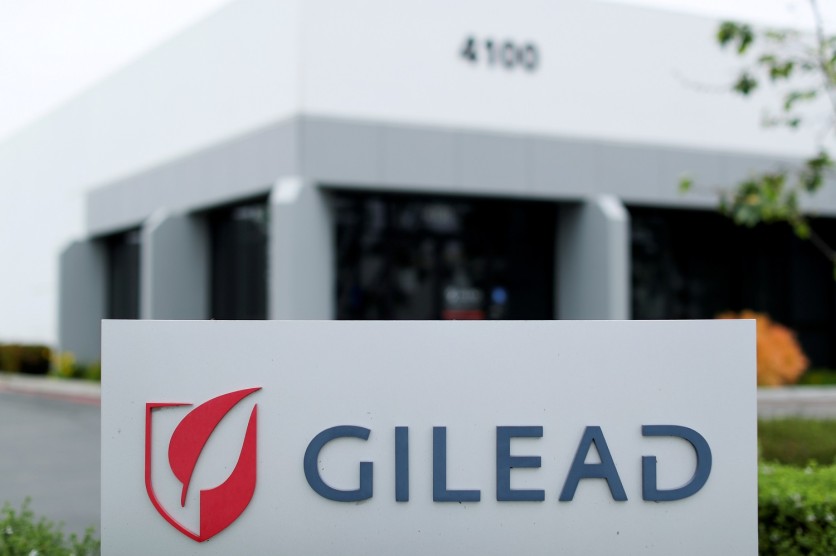The United States has completely swiped off all the three-month supplies of Remdesivir drug before they even hit the shelves. This means the rest of the world has to wait until October to get hold of the drug.
According to Slashdot, Remdesivir is the first drug approved to treat Covid-19 by the Food and Drug Administration in the U.S. Made by the pharmaceutical company Gilead, the drug was seen to help coronavirus patients recover faster. The first 140,000 doses have been consumed already as they were supplied to drug trials worldwide.

On Tuesday, June 30, The Guardian reported that the U.S. government had bought more than 500,000 doses, which will cover Gilead's July production and 90% of its August and September supply.
U.S. Health and Human Services Secretary Alex Azar said that President Trump got "an amazing deal to ensure Americans have access to the first authorized" COVID-19 drug. "[We] want to ensure that any American patient who needs remdesivir can get it," said Azar. He added that the "Trump administration is doing everything" to learn about all possible coronavirus treatments and to "secure access to these options for the American people."
Remdesivir was previously tested during the Ebola epidemic but did not work as expected. It is under patent to Gilead so that no other company can make it.
Based on the U.S. statement, the drug cost around $3,200 per six-dose treatment. The deal was confirmed as the country's leading infectious diseases expert Anthony Fauci told the Senate the country was failing to control the virus.
"We are going in the wrong direction," said Fauci as the U.S. set a new record of 40,000 new COVID-19 cases in one day last week. "I would not be surprised if we go up to 100,000 a day if this does not turn around," he added.
Countries despise U.S. "hoarding" of Remdesivir
Health experts and campaigners warn about the hoarding of remdesivir and its implications when a vaccine becomes available. The Trump administration has shown that it is keen to outbid other countries to secure the medical supplies for the U.S.

"They've got access to most of the drug supply [of remdesivir], so there's nothing for Europe," said Dr. Andrew Hill, a Liverpool University, senior visiting research fellow.
As the U.S. recorded over 2.5 million confirmed COVID-19 cases, buying the "world's supply of remdesivir" is not just a reaction to this skyrocketing data. Instead, it has shown the "America First" stance, which the country has been displaying throughout the pandemic.
Sanofi CEO Paul Hudson said in May that the U.S. would get first access to its coronavirus vaccine and "has the right to the largest pre-order because it's invested in taking the risk." The French manufacturer stepped back due to pressures from the French government.
Similarly, Canadian Prime Minister Justin Trudeau warned that the U.S. actions may lead to negative consequences. "We know it is in both of our interests to work collaboratively and cooperatively to keep our citizens safe," Trudeau said.However, it seems nothing can halt the U.S. remdesivir deal. For five months, governments have been waiting for the development of this drug, yet Hill said there was no way to access it outside the U.S.
"Imagine this was a vaccine," Hill warned as he added, "this is a taste of things to come."
ⓒ 2025 TECHTIMES.com All rights reserved. Do not reproduce without permission.




